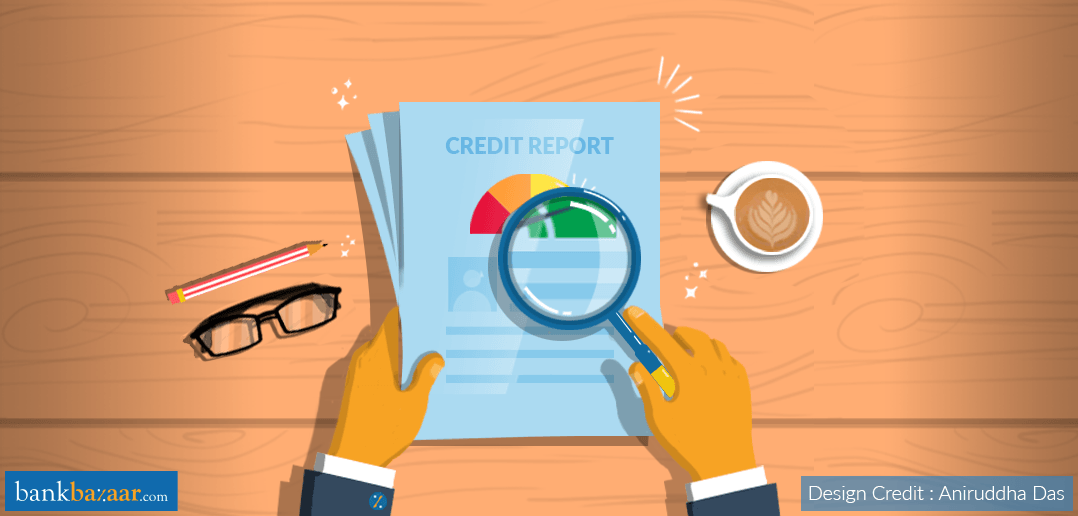Got your credit report but wondering if you really need to go through it? Here are reasons why you must take your credit report seriously!

Too cool for your credit report? Think again! In an era where information is king, getting your Credit Score and detailed credit report for FREE has become a basic expectation. It would only be a shame to take this FREE valuable information for granted.
Rewind to a few years back and you’ll notice that getting insightful information about your credit history was never this easy. With the Credit Score becoming more and more prominent as a deciding factor amongst lenders, it only makes sense that you scan through your report and use the information provided to ramp up your Credit Score. As Spock from Star Wars would say, “It’s only logical!”
Additional Reading: All About Your Credit Score
What’s in my report, anyway?
Credit card utilisation
This section shows you the percentage of your total available credit limit that you’ve used up so far. Make sure your total outstanding balances do not eat up a major proportion of your total credit limit. Maxing your Credit Card limits will only land you in deep debt, so use credit responsibly and you should be fine. Experts say that a credit utilisation ratio of 40% is deemed ideal not only for your score but also for your long-term peace of mind.
Payment history
Want to see if all your Credit Card and loan EMI payments have been made on time? You can verify your recent payments in your report and see if there have been any cases of late or missed payments. Late payments can affect your Credit Score, so ensuring that all your payments are made before the due date is the way to go!
Suspect an error in your report? You can always contact the bank and have this fixed. This is yet another reason why it helps to read your report regularly; you can spot errors and fix them at an early stage.
Age of credit lines
Think of this as your age in the world of credit. Your credit line simply indicates the average age of all your currently open Loan and Credit Card accounts. It’s good to have a long credit history as this shows that you have been a responsible borrower and this, in turn, will make future credit applications smooth.
Additional Reading: 3 Simple Ways to Improve Your Credit Score Before The End of 2018
Total accounts
As the name suggests, this section is nothing but the total count of your open and closed Loans and Credit Cards. When it comes to your credit portfolio, diversification is a plus point. Having a healthy mix of unsecured (Credit Card, Personal Loan) and secured (Home Loan, Car Loan) credit lines demonstrates that lenders trust you.
Credit enquiries
This section relates specifically to the total number of hard enquiries made by lenders. Typically, hard enquiries are made by credit institutions for lending decisions. While hard enquiries do impact your Credit Score, soft enquiries, i.e., Credit Score checks made by you directly via BankBazaar are harmless and can be carried out as many times as you fancy.
The one way to decrease the impact of hard enquiries is to ensure that you don’t apply for multiple loans or Credit Cards around the same time, because doing so will invite multiple hard enquiries.
Additional Reading: Things You Should Know Before Checking Your Credit Score
Negative status accounts
This is the count of all your accounts that the lender has marked as written off, suit-filed, settled or account sold. Not having any accounts in this status is good for your credit history.
What you won’t find in your credit report
In case you don’t already know, your credit report carries no information related to your income from business or salary. In fact, it doesn’t carry information about your market investments either. Its scope is limited to your credit accounts and portfolio.
Additional Reading: 7 Things You Won’t Find In Your Credit Report
All said and done, the popular saying still holds good, “It is better to see something once than hear about it a thousand times.” What are you waiting for?